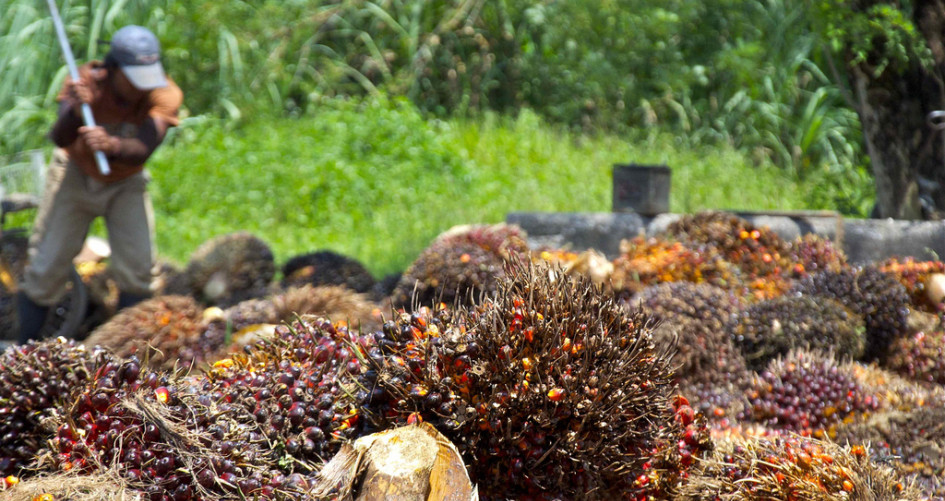|
Contact: Sara Law, sara.law@cdp.net, tel. +12123782086 |
Under the “Commit to Remove Commodity Driven Deforestation from all supply chains by 2020” initiative, companies can reduce a significant source of greenhouse gas emissions whilst making their supply chains more sustainable and resilient.
Deforestation accounts for approximately 15% of the world’s greenhouse gas emissions. Businesses have the power to alter global demand for the agricultural commodities that are the primary drivers of deforestation and forest degradation. These commodities are soy, palm oil, leather, beef, timber, and pulp that feature in the supply chains of companies across economic sectors.
Under the initiative, led by CDP (Climate Disclosure Project), companies will take the first step toward managing deforestation risk, a key element of creating sustainable, resilient supply chains. They can thereby source “deforestation-free” commodities.
Companies with USD 3 Trillion in Revenue Have Pledged to Eliminate Deforestation
The initiative reinforces the commitment made by the Consumer Goods Forum members. These are 400 companies representing over USD 3 trillion in revenue that have pledged to eliminate deforestation from their business operations, as well as the work of the Tropical Forests Alliance 2020, a public-private coalition aiming to reduce commodity-driven deforestation by 2020.
In order to move from commitment into action, companies can follow the steps in CDP’s Deforestation Roadmap, which provides guidance on comprehensive risk assessment, setting targets, implementation, striving for leadership and progress tracking.
Companies endorsing this commitment will be publicly recognized through the CDP website and in CDP publications.
Photo credit: Craig Morey (Flickr)
